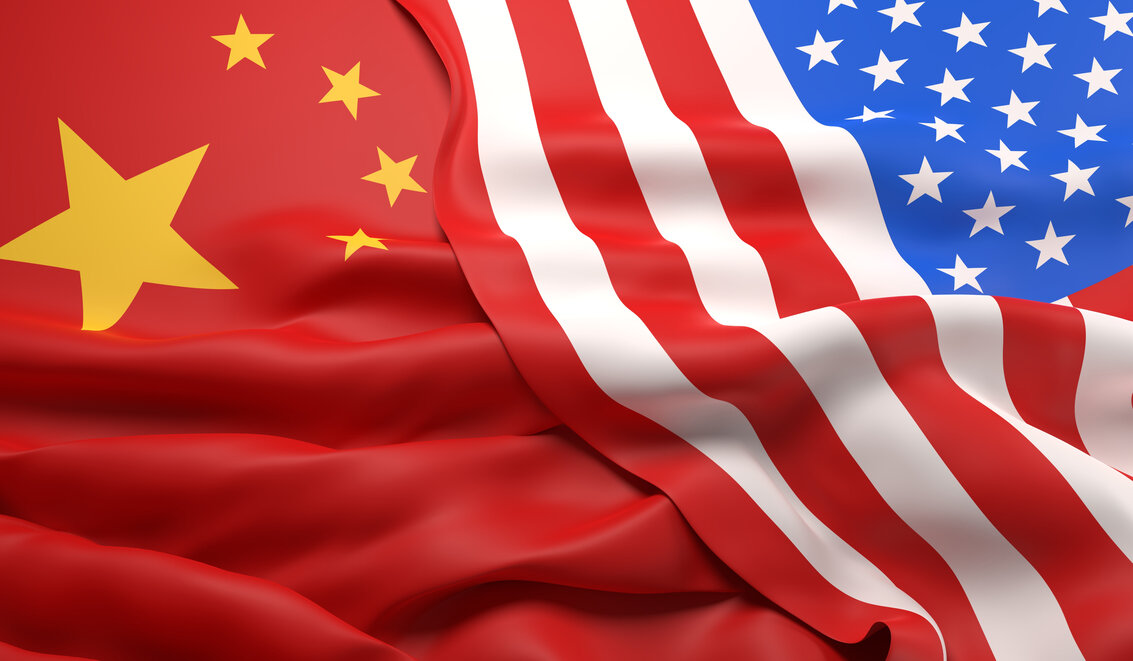According to a paper presented last Saturday at the Federal Reserve Bank of Kansas City’s annual Jackson Hole conference, in US and China relation, China remains embedded in US supply chains despite the fact that American firms have made steps to reduce direct imports from the Asian country.

US and China Relation: China remains embedded in US supply chains (Photo: IISD)
Between 2017 and 2022, the authors of the paper, Laura Alfaro of Harvard Business School and Davin Chor of Dartmouth College’s Tuck School of Business, documented a drop in the share of US imports from China and a rise in the share of US imports from Vietnam and Mexico.
In the recent published article by Hindustan Times, the shift was precipitated by US government policies such as tariffs, aimed at separating the American and Chinese economies. Which can affect the US and China relation.
However, Chinese companies appear to be finding ways to alleviate the impact, namely through increasing their exports to and foreign direct investment in Vietnam and Mexico.
“The US’s indirect supply-chain links to China remain intact; along some dimensions — through China’s economic ties with Vietnam and Mexico — these indirect links have even been intensifying,” Alfaro and Chor wrote.
READ ALSO: Americana At Brand Mall In Panic As California Man Detained For Planting Rainbow-Colored Toilet With Bomb Threat Sparking Mass Evacuation
Policymakers from around the world have arrived to the resort town of Jackson Hole, Wyoming, for a two- day economic symposium hosted by the Kansas City Fed.
According to Yahoo Finance, in Eichengreen, Arslanalp Depress Jackson Crowd with debt report, the head of a key US budget watchdog called the paper by prominent economists concluding that swelling government debt is here to stay as “thoroughly depressing”.
“This is a thoroughly depressing paper — you’ve systematically destroyed all hope” for deficit reduction, said Maya MacGuineas, President of the Committee for a Responsible Federal Budget, after University of California, Berkeley professor Barry Eichengreen presented the paper he co-authored with International Monetary Fund economist Serkan Arslanalp.

















































